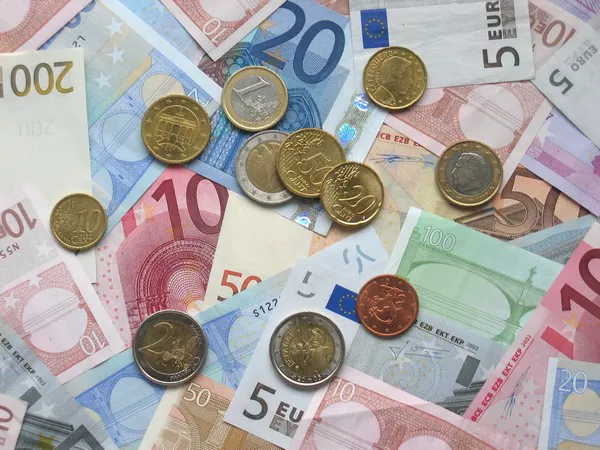The euro is the official currency of 19 out of the 27 European Union member states. It was introduced in 1999 as a virtual currency and then became a physical currency in 2002. The adoption of the euro has been a crucial step towards economic integration in the EU, allowing for easier cross-border trade and investment.
In this article, we will discuss the countries that currently use the euro and take a closer look at the benefits and challenges of adopting a common currency.
Countries That Use the Euro
Here is a list of the countries that currently use the euro:
- Austria
- Belgium
- Cyprus
- Estonia
- Finland
- France
- Germany
- Greece
- Ireland
- Italy
- Latvia
- Lithuania
- Luxembourg
- Malta
- Netherlands
- Portugal
- Slovakia
- Slovenia
- Spain
These countries are collectively known as the Eurozone, and their economies are closely integrated. The euro is also used by several non-EU countries, including Andorra, Monaco, San Marino, and Vatican City. Kosovo and Montenegro also use the euro without being officially part of the Eurozone.
Benefits and Challenges of Adopting a Common Currency
The adoption of a common currency like the euro can bring many benefits to participating countries. For one, it eliminates currency exchange costs and uncertainties, making cross-border trade and investment much more straightforward. It can also lead to increased price transparency and competition, which benefits consumers.
Moreover, having a common currency can help stabilize macroeconomic conditions in participating countries. By sharing a currency, countries give up control over their monetary policy, but they also gain access to the European Central Bank (ECB) and its resources. The ECB can provide liquidity to countries that need it and help prevent financial crises from spreading across borders.
However, adopting a common currency can also present some challenges. For example, participating countries must give up control over their monetary policy, which can be a sensitive political issue. Countries with weaker economies may also find it challenging to compete with stronger economies in the Eurozone, as they cannot devalue their currency to boost exports. Additionally, the use of a common currency can make it more difficult for countries to undertake fiscal policies tailored to their specific needs.
Conclusion
The euro has become a symbol of European integration and a key driver of economic growth and stability in the Eurozone. Despite the challenges of adopting a common currency, many countries have found that the benefits outweigh the costs. As the EU continues to evolve, it is likely that more countries will adopt the euro in the future.


